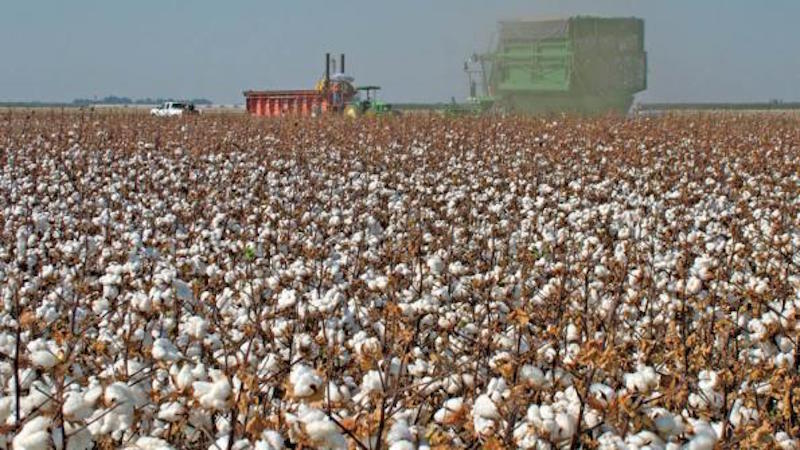That hasn't stopped competitors, $135 billion in the organic food industry, from funding activist groups to undermine the food supply.
The plain scientific and economic truth is that because they work, most farmers don't retreat into the past and embrace 1960s "organic" pesticides because they don't work. Australia is a good example. The cotton bollworm was devastating domestic cotton but legacy pesticides like organic farmers use meant killing off the entire ecosystem. Today, spiders and other critters that naturally help keep more devastating stuff away from plants are thriving in fields again; because of plants with genes from the soil-dwelling bacterium Bacillus thuringiensis that allow plants to express a protein to harness the power of nature to kill the bollworms.

The benefits are clear. An Australian study found an 18 percent decrease in water and a 97 percent decrease in pesticides.
Why would anyone object to a small, precise change to a plant to naturally kill off a pest and protect the rest of the ecosystem? The cynical yet truthful answer is that doomsday sells, and environmental groups always need to predict doomsday...unless companies, governments, and even a small number of individuals give them money.
On the other hand, 'your food and clothes are safe' is a terrible call to action, which is why environmental groups get bankrolled 1000X the pro-science side. However, if you like reading science truth rather than prophecies about the world's collapse, please make a donation.



Comments